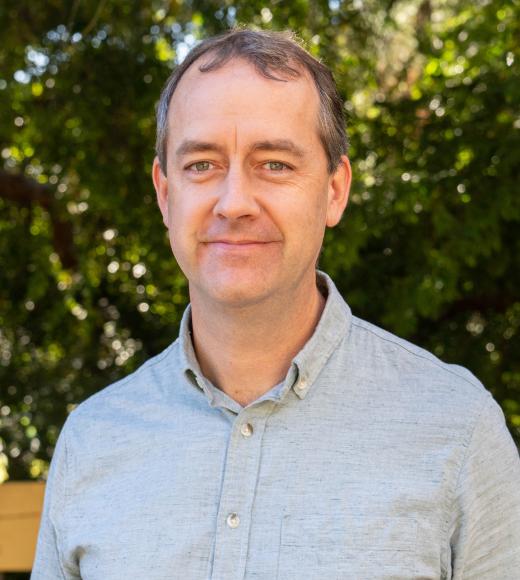
Position Title
Associate Professor
- Microbiology and Molecular Genetics
Research Interests
Our lab is interested in how individual cells process information, make decisions, and enact appropriate responses. This often requires using molecular components to achieve properties such as adaptation, sensitivity, and spatial processing of signals. As a favorite model system, we study how human neutrophils process dynamic extracellular chemical cues to guide their behavior. In order to chase a pathogen or migrate to a site of infection, a neutrophil must overcome challenges of breaking symmetry, generating stable cell polarity, and responding to spatial gradients of signaling molecules. The neutrophil response needs to be highly sensitive and decisive so that it can generate polarity, reorganize its cytoskeleton, and move, even if the input signal is weak or provides little spatial information. Additionally, in order to orient itself towards the highest concentration of the chemical attractant, the cell needs to compare input levels across space. We still know very little about how cells balance these goals or about the mechanisms that enable spatial processing. Finally, these cells are capable of responding to multiple attractant signals and prioritizing some over others. To tackle these questions, we use a combination of techniques with particular emphasis on systematic quantitative analysis of genetic perturbations, direct monitoring of signaling using live-cell imaging of fluorescent biosensors, optogenetic approaches to control protein activities with light, and mathematical modeling.
- 2000 B.S. in Mathematics, Stanford University
- 2006 Ph.D. in Biochemistry and Molecular Biology, University of California, San Francisco
